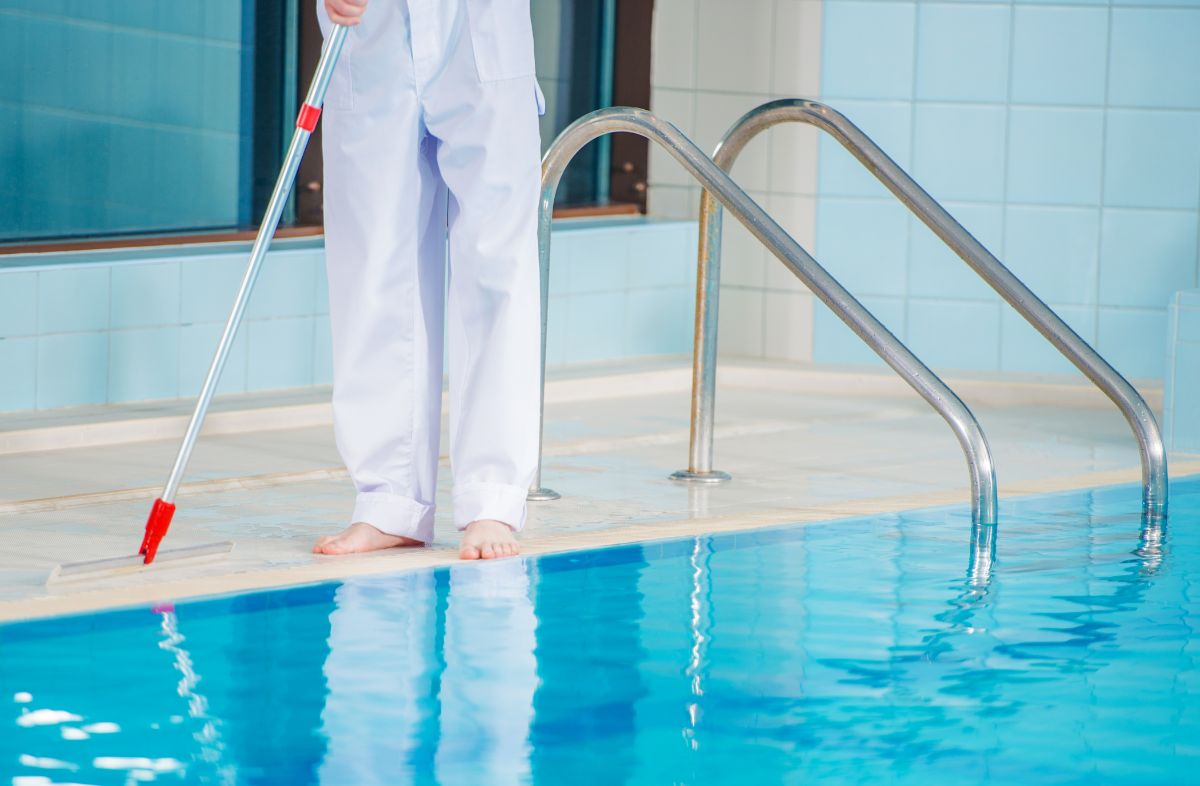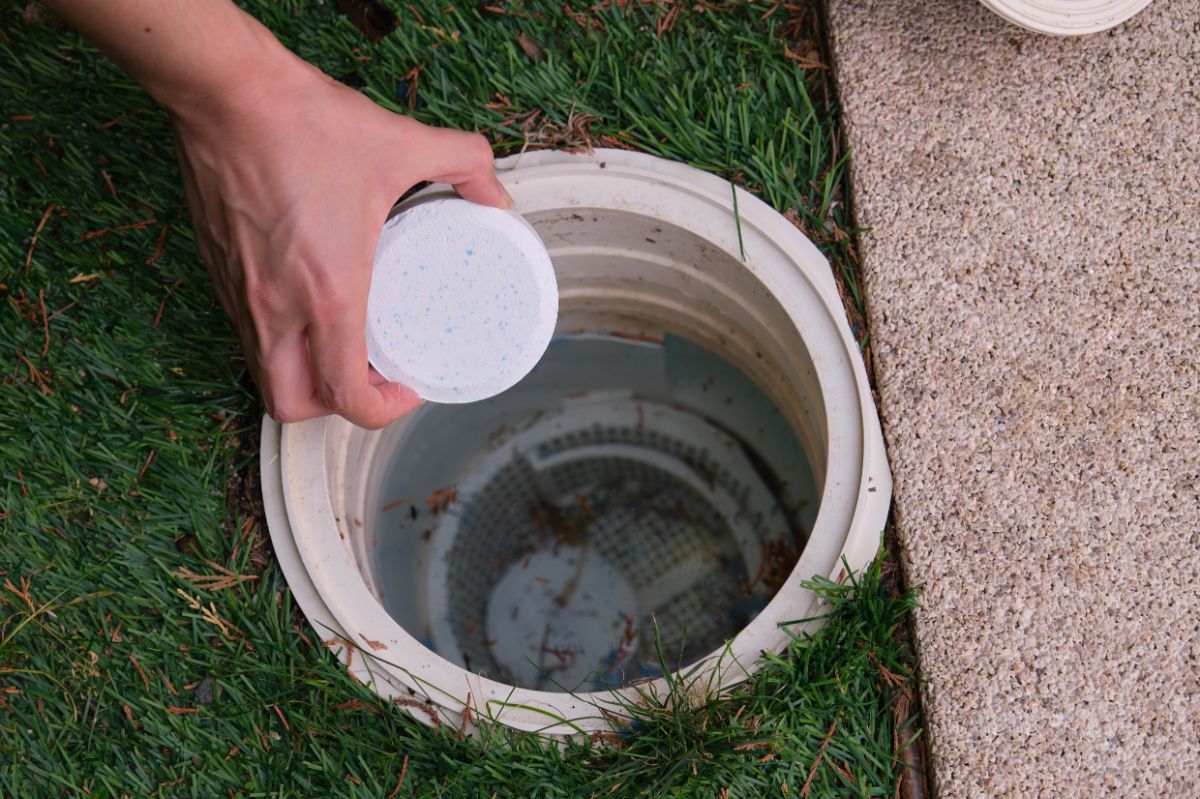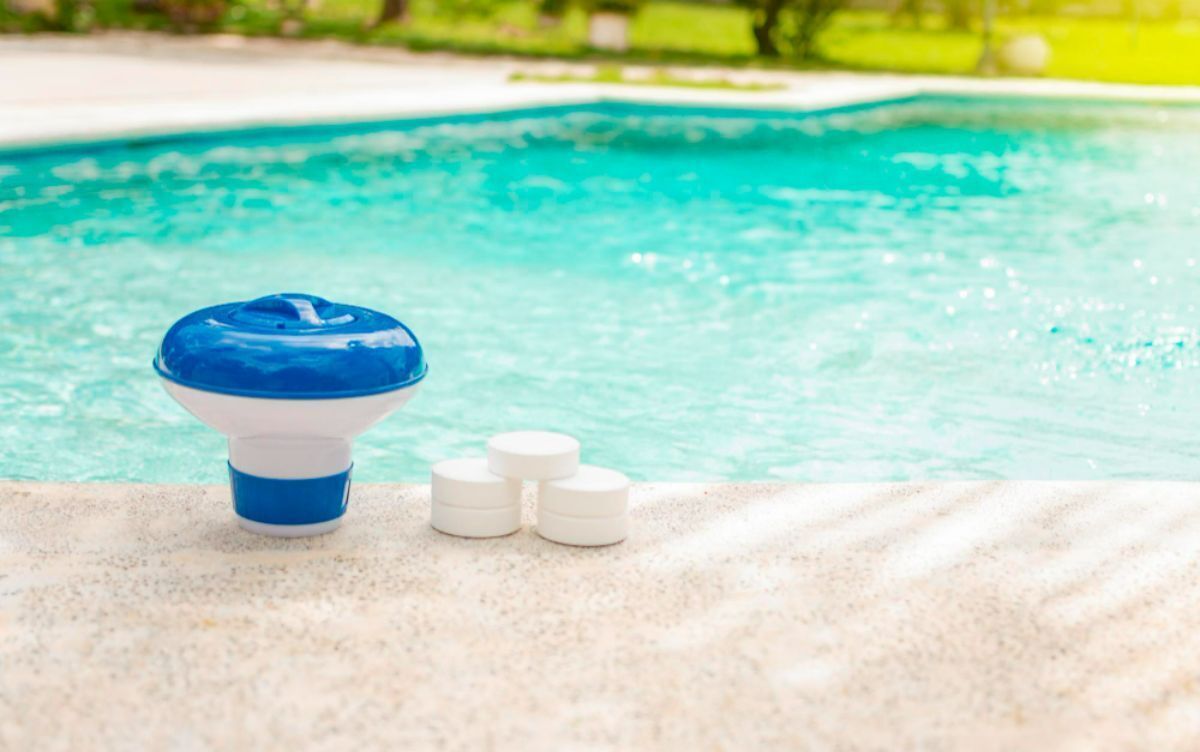Why is Clean Water important in Pools?
Having clean water in your swimming pool is crucial to ensure its functionality, appearance, and safety.
When you can enjoy your time in the pool, that means chlorine is serving its function. You wouldn’t enjoy swimming in dirty pool water—you want your pool to be clean before, during, and after you swim in it.
Keeping your pool water clean is just as important as maintaining the appearance of the pool itself. No matter how beautiful your pool's structure may be, it won't be enjoyable if the water is dirty. Furthermore, contaminated water can pose a risk to the safety of anyone using the pool. Instead of being an attractive feature that adds value to your home, a dirty pool can even become a breeding ground for harmful bacteria.
How Can You Ensure that Poolwater Stays Clean?

In the Philippines, the best way to ensure that the water in your swimming pool stays clean is with chlorine.
Pool chlorine is a compound that sanitizes your pool water. You can find it in any of three forms: liquid, tablet, or powder form. Not to be confused with the element chlorine, there are five types of chlorine for pools: Calcium hypochlorite, Trichlor, Sodium hypochlorite, Lithium hypochlorite, and Dichlor.
Finding chlorine in the Philippines isn’t hard—find it among our products here at Oktakem Trading! But first, let’s take a look at what chlorine does and what other benefits you can gain from it.
What Does Chlorine Do in Poolwater?
Chlorine is often used in pools, but what exactly does it do? Does it do more than keep the water clean? Are there any risky side effects to using it? Let’s find out!
Kills Germs
In the Philippines, chlorine’s most basic function is to help remove virus-causing germs from your pool water by eliminating bacteria, dirt, debris, body oils, and waste. Pool chlorine reacts with these unwanted compounds and breaks them apart molecule by molecule.
Prevents Algae from Forming
Chlorine also prevents algae from blooming in the pool. Algae are tiny aquatic plants that start as single cells and then bloom into colonies of various sizes. In the wild, they serve as food for microscopic animals called zooplankton, which in turn are food for many fish. But there’s no place for algae in your swimming pool.
Affects Your Pool’s pH Levels
Anyone who maintains a pool knows that the water’s pH levels matter. PH levels higher than 8 may cause swimmers to develop skin rashes, while pH levels lower than 7 can sting swimmers’ eyes. Different forms of chlorine in the Philippines have varying effects on the water’s pH level, so make sure to ask your provider what chlorine is best for your pool.



